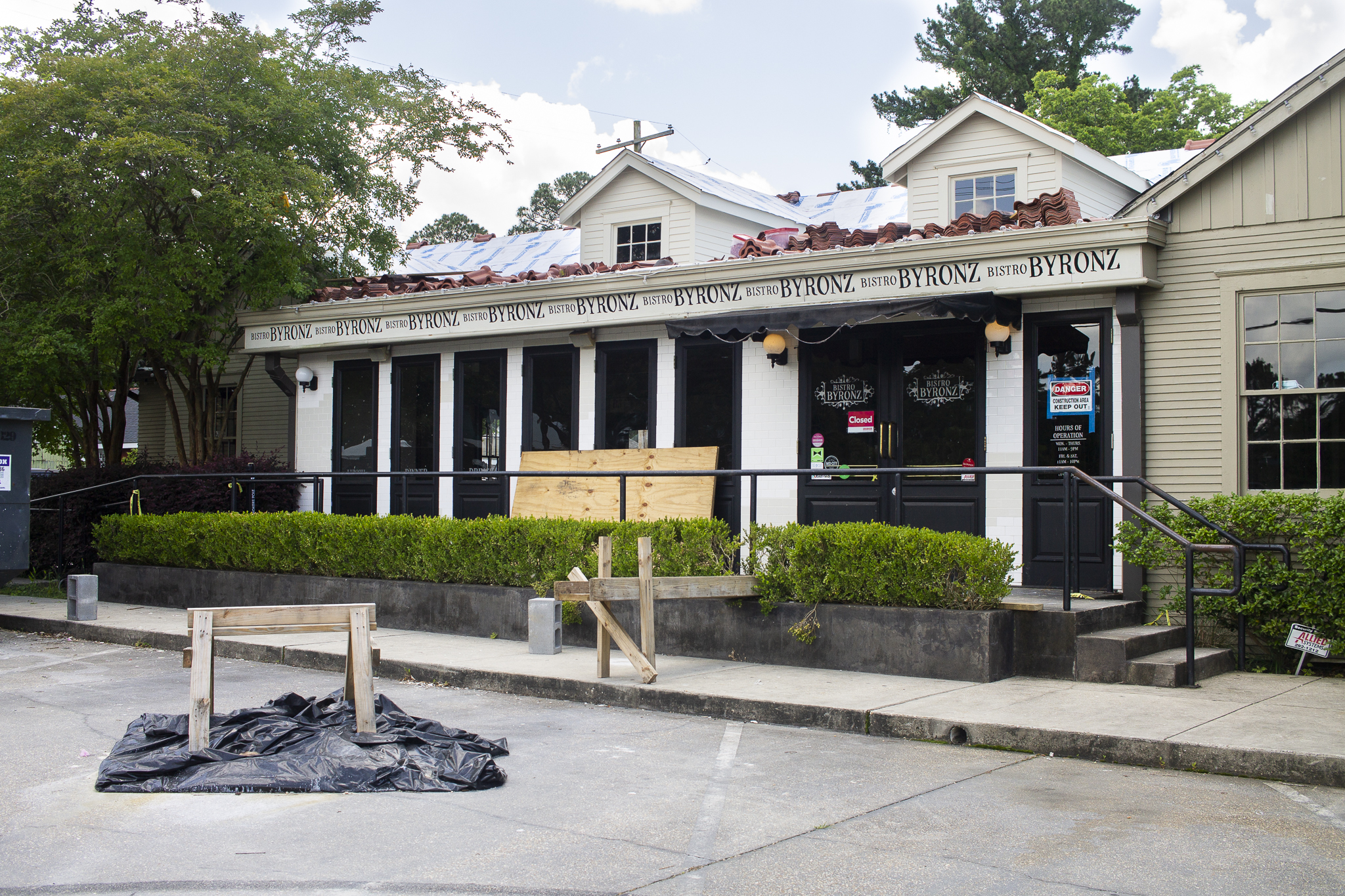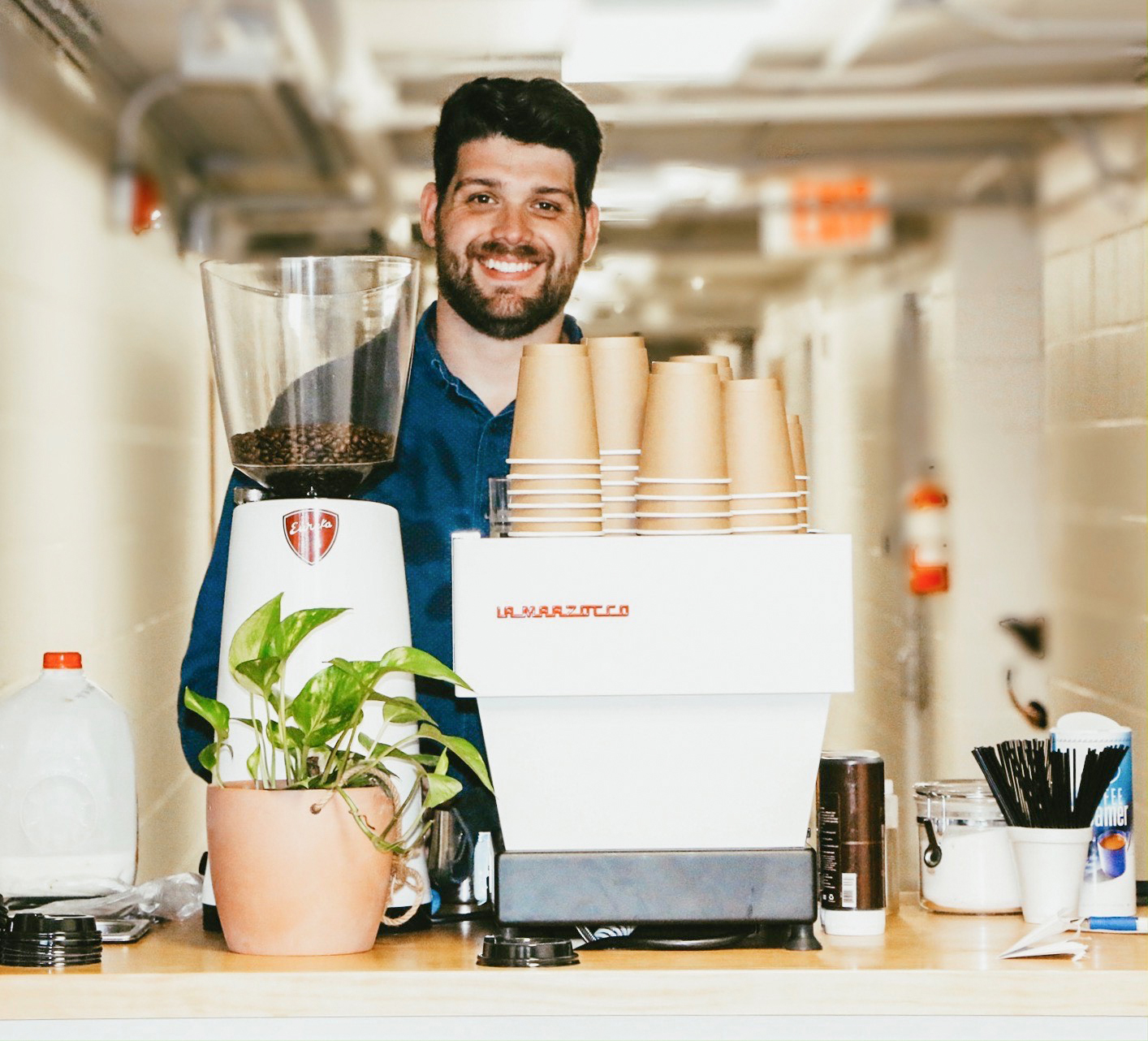
New Baton Rouge restaurant openings slowed by supply chain, labor shortages and delta
If you’ve been eagerly anticipating the openings of new spots like Spoke & Hub or Social Coffee, expect to wait a little longer.
The last 16 months have presented unprecedented challenges to restaurants as operators continue to navigate a minefield of issues that includes COVID-19 restrictions, skyrocketing protein prices and a months-long labor shortage now exacerbated by the recent explosion of coronavirus cases.
And while it’s less apparent to consumers, the market disruption is also impacting the pace by which new local restaurants are opening. Labor shortages in warehouses, rising construction costs and a shortage of restaurant supplies and equipment are forcing many local independent operators to throw their timelines out the window.
|
|
“You’re getting (delays) from a lot of different directions,” Byronz Restaurant Family CEO Emelie Alton says. Since the end of January, the Baton Rouge restaurant group has been working on a new location in the former White Star Market for Bistro Byronz, having closed its longtime Mid City location. “Contractors have had their own challenges with subs and getting building materials,” Alton says. “From a supply chain perspective, it’s been crazy to see a lack of availability for almost everything.”
Kitchen equipment has been hard to come by due to a shortage of compressors, she says. At the same time, a shortage of supplies, including certain sizes of tables, has forced the business to purchase items that are available. What the restaurant has been able to order has taken much longer than expected to arrive.
“We’ve overcome a lot of it, but something we’d expect to be here in a few days, would take two to four weeks,” Alton says. “We even ran into situations where something we’d ordered had arrived, but the freight company couldn’t get it to us because of labor shortages on their end.”
Alton expects the new location to open in mid-September, about two to three months behind schedule.
Elsewhere around town, other challenges are being felt. City Group Hospitality’s transformation of the spot vacated by Bistro Byronz at Government and St. Landry streets has also seen delays. Managing partner Stephen Hightower says the new concept, a new restaurant and speakeasy called Spoke & Hub, should open in mid-October, several weeks later than anticipated.
“The supply chain shortage in restaurant equipment is off the charts,” Hightower says. “Some items, it’s 12 weeks if you’re lucky, and we’ve had to change a lot of our preferences.”
Hightower adds that delivery companies have also struggled to deliver goods to restaurants on schedule because of labor shortages. Many have left for higher-paying jobs with Amazon, he says.
Another thorny issue reflects the long tail of COVID-19, and how it may continue to impact restaurants for years to come. Hightower says he’s had to rethink Spoke & Hub’s design to ensure that it offers the maximum number of seats available if social distancing measures are mandated again. The new design includes front porch seating, patio seating and sections of seating situated in smaller rooms, rather than in one large dining room.
“We took time to create a design that gives us the most flexibility if we go back to restrictions,” Hightower says.

Other eateries have seen delays caused by excruciating waits for equipment. Restaurateur Nick Hufft, creator of the new ice cream concept, Gail’s, in the Perkins Road overpass area, has reported waiting 12 weeks for a walk-in freezer. Dillon Farrell, owner of the pop-up coffee shop Social Coffee, waited five weeks this summer for “one little part” for the coffee bar’s sole espresso machine.
“The machine was down for most of the summer, and it cost us thousands of dollars,” Farrell says. Social Coffee is working on moving from its temporary counter space inside Chow Yum Phat to a permanent location in downtown Baton Rouge. That move has also been delayed, says Farrell, due to unexpected increases in construction costs.
For operator Scott Higgins, plans to refresh his downtown wine bar, Blend, with a new, modern design and an updated menu have moved much more slowly than planned. Higgins says he believed he would be 95% finished by now, but only 25% of the work has been completed.
“It’s been an interesting struggle,” Higgins says. “Typically, if you order from a reputable dealer, you’re looking at two days for something to get in. Now you’re looking at two to three months. And every part of the supply chain is affected.”
Higgins says he’s been waiting for new furnishings he ordered for the restaurant’s loft area for five months, and hasn’t received updates about when it might arrive. He’s also experienced delays in getting silverware, plates and even certain spirits—especially whiskeys and tequilas.
Still, Higgins, a level two sommelier, has been able to revamp Blend’s wine program, which is now organized by flavor profile rather than types of grape, so that diners can more easily explore wines across varietals. And while he originally wanted to create a sophisticated dinner menu, labor issues in the kitchen have forced him to focus on creating small plates that feature high-end and house-made ingredients and hard to find cheeses.
“At this point, we’re just trying to be very intentional,” Higgins says.
Even as some restaurants enter the home stretch, another challenge awaits—how to properly open a long-anticipated new location in the midst of the alarming spread of the delta variant.
“It’s a huge thing to reopen,” Alton says. “We want to celebrate it, but we want to make sure we can do it well with everything going on. We’re just going to have to stay flexible, smart and strategic.”
|
|
|

